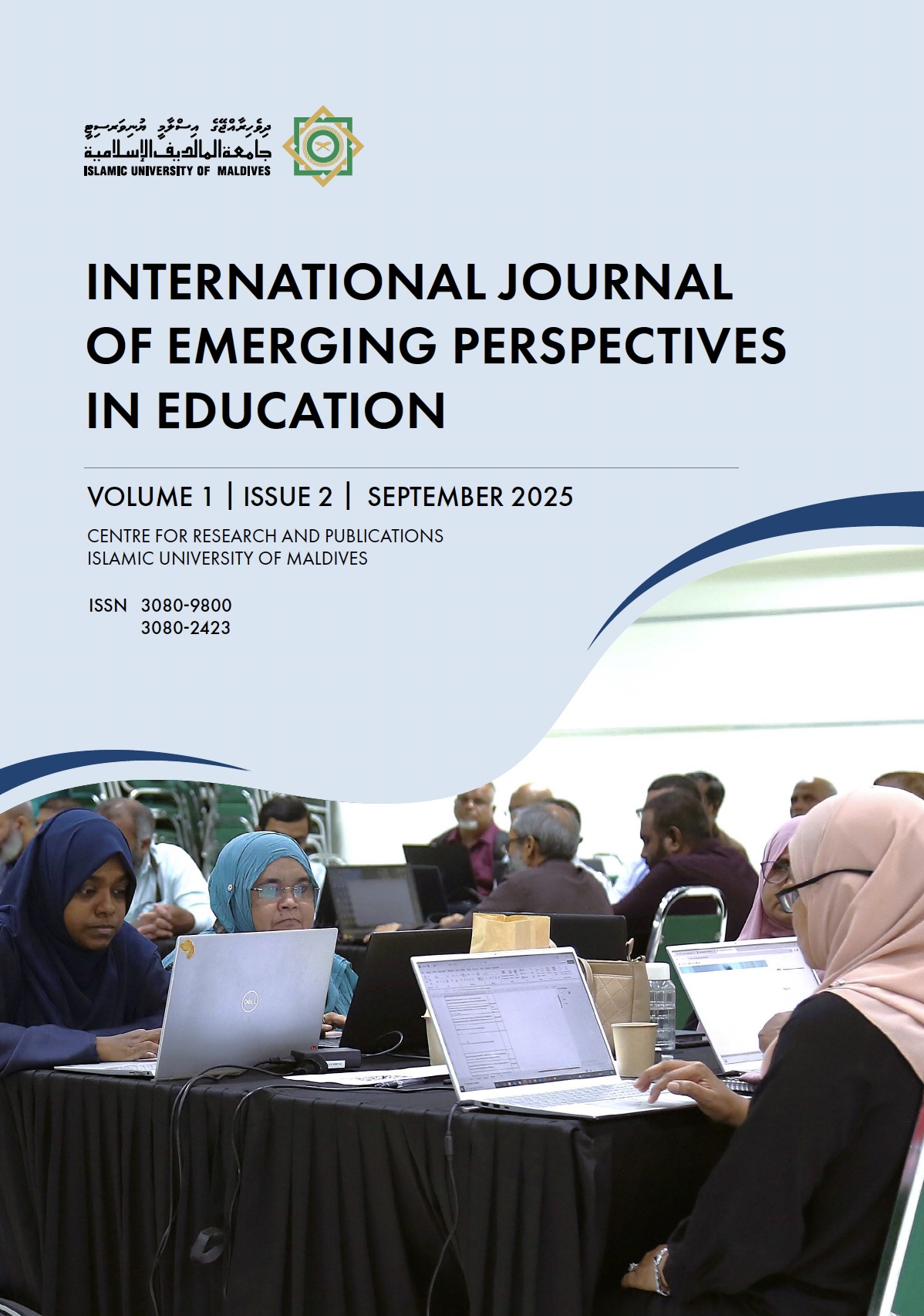Harnessing Emotional Intelligence in Understanding How Malaysian College Students Manage Stress, Enhance Focus, and Improve Study Habits
DOI:
https://doi.org/10.64306/9ezgxp12Keywords:
Academic stress, College students, Study Habits, Emotional Intelligence, Study habitsAbstract
Emotional Intelligence (EI) is increasingly recognized as an important skill influencing students’ academic performance and well-being. However, there remains limited understanding of how students consciously utilize EI to manage stress, maintain focus, and build effective study habits. Therefore, this study explores Malaysian college students’ perspectives on how EI assists students in coping with academic stress, enhancing focus, sustaining study habits, and balancing emotional well-being with academic demands. A qualitative phenomenological approach was employed to understand the lived experiences of 15 college students selected through convenience sampling. Data were collected using semi-structured interview and analysed using Braun and Clarke’s (2006) thematic analysis framework. Findings revealed that students with strong EI demonstrated greater resilience to academic stress, more adaptive and disciplined study habits, and higher levels of sustained focus. The analysis revealed themes such as perception of EI in managing stress, influence of EI on concentration, relationship between emotional response and academic productivity, strategies to balance emotional well-being with academic responsibilities. The findings suggest that EI significantly shapes students’ ability to navigate academic stress and maintain productive study behaviours. Enhancing EI among students can contribute to healthier academic lifestyles and improved academic performance. These insights hold practical implications for educators, counsellors, and policymakers to integrate EI training into academic support services, thereby promoting student resilience, academic success, and overall well-being in higher education environments.


